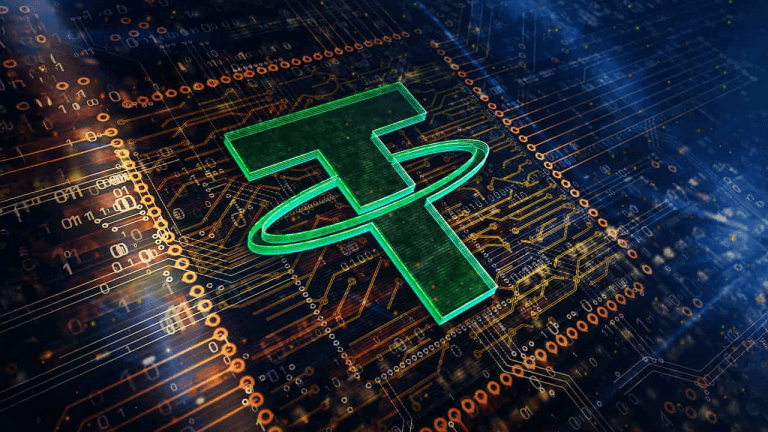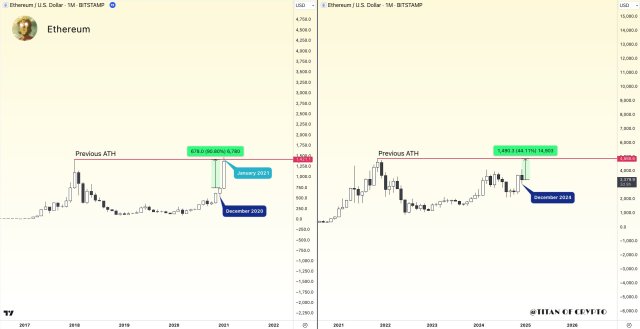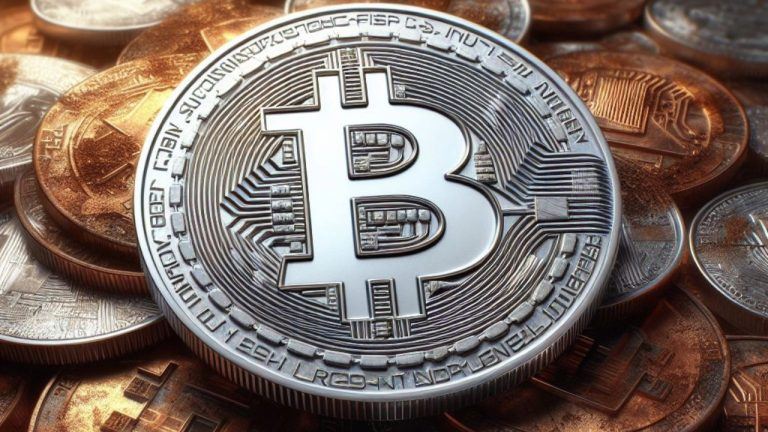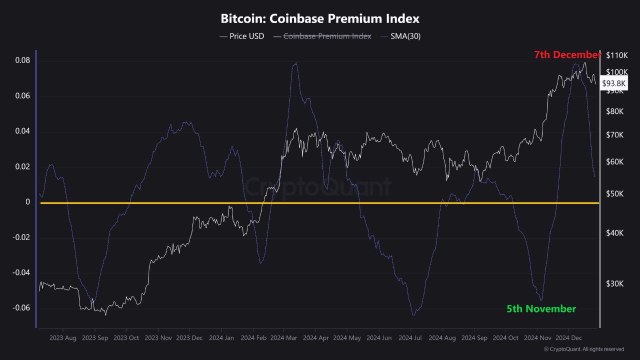Miners will consume every last drop of wasted energy available, because they’re incentivized to do so.
This is an opinion editorial by Robert Warren, partner at Distributed Hash and business development at Upstream Data Inc.
The layperson knows only one thing about Bitcoin mining — it uses a lot of energy, and that is bad.
This mind-virus, successfully spread by the climate extremists and anti-Bitcoin street corner preachers (typically carrying a proof-of-stake torch) is intended to be the death knell of our burgeoning industry. We use a lot of energy, and using energy is obviously a terrible thing. It follows that we should be scorned, pursued and regulated out of existence.
We are in a climate crisis, so as we all know, the best course of action is to install solar on your roof, buy a Tesla, shut down the coal and gas plants in your region, and argue anything short of that is systematically racist. Proof-of-work is the enemy.
This argument is, to most reasonable people who enjoy running their dishwasher and having the lights on at night, patently ridiculous.
But there is still that one big issue: “Doesn’t Bitcoin mining still use a lot of energy? And don’t those computers clog our landfills the second they become unprofitable?”
If you find yourself under the interrogation of the Bitcoin curious, having to answer for all of those megawatts we’re consuming, there is one question you must ask in response to, “Doesn’t Bitcoin use a lot of energy?”
Yes, but which energy?

NOTE: Before we go any further, let’s draw a clear distinction between energy and electricity. Energy comes from primary sources like a natural gas well, or hydroelectric dam. These primary sources are used to generate electricity, the secondary energy we make all over the world, sent through high voltage wires and used to power our dishwashers. If you want a resource to explore further, look HERE.
NOTE TO THE NOTE: Today not all bitcoin miners are using waste or excess energy. My assertion is that this is the direction our industry trends over the long run, regardless of generation type, because simple supply and demand drives miners to the lowest priced energy.
Which Energy Do Bitcoin Miners Use?
As long as waste energy exists, Bitcoin mining exists and is profitable.
Let me say again that for those of you in the back rows. As long as there is waste in energy production and supply chains, it will always be profitable to mine bitcoin, regardless of hardware type, manufacturer, age, location, anything.
Even esteemed Bitcoin Mining FUD masters like Alex de Vries of Digiconomist fail the simplest of economic analyses in the bitcoin mining space. That is, not understanding supply and demand. Which is why they publish findings like, “A similar dynamic ultimately determines the fate of ASIC-based mining devices as advances in ASIC chip efficiency result in more powerful devices that eventually crowd out older, less efficient technology … Because the technical lifetime of ASIC mining devices typically exceeds the period of time during which the device can perform its task profitably (McCook, 2018), the moment they become unprofitable determines their lifespan and the point at which they become electronic waste … We show in this study that the lifespan of Bitcoin mining devices remains limited to just 1.29 years.”
So, we are to understand, that efficiency in the ASIC market is the single driver of energy consumption and e-waste produced?
I’ll invoke Brandolini’s Law ("The amount of energy needed to refute bullsh*t is an order of magnitude bigger than that needed to produce it.") as my rationale for not addressing the above directly, and will instead discuss energy waste.
By waste energy I mean the various points across energy supply chains where energy is available to perform work, but for one reason or another does not. This takes various forms across the market, whether it’s methane venting and flaring on oil and gas sites, wind farms, hydroelectric plants, nuclear reactors, and solar farms powering down due to low demand.
Bitcoin mining is the ultimate waste reduction tool, because as long as waste exists in the energy sector, and it always will, there will always be an incentive to mine Bitcoin with that energy, regardless of ASIC type. (NOTE: If you are Alex de Vries, I need you to re-read that last sentence and reconsider your 1.29 year estimate for ASIC lifespan.)


The energy that is worth the least, is the energy that never makes it to market. The methane vented or flared on an oil well, the wind turbine that sits idle in a megafarm, the hydroelectric turbine that doesn’t spin. In the case of solar, you have production times that mismatch demand times, so excess capacity goes unused midday. I.e., People turn lights on more when the sun goes down.
Bitcoin miners have no interest in your Science-Backed Turbo Grid™, your political idealizations, or which dream team you assembled to form a research council. Whether you want 89% nuclear, 71% solar with Tesla Powerwalls, elimination of fossil fuels completely or 93.7% hydro-power, is irrelevant, we don’t care.
We are the eternal free market free agents.
We want your waste and excess.
We are the dung beetles of the energy sector.
And already the framework of this robust industry is developing.
Rack, power distribution unit and transformer expertise for indoor operations, a variety of containerized solutions designed to protect miners in rugged Texas Summers and frigid Alberta Winters, half engine half datacenter chimeras birthed for the sole purpose of consuming natural gas, home mining black boxes that dump excess heat into your house during the cold season all exist. A secondary market in software and hardware emerges in firmware, machine management, maintenance and lifetime extension.
Everything is designed around a single goal, the identification and utilization of the lowest priced energy in the most efficient way possible. That lowest priced energy is not the electricity you’re using to charge your iPhone, or watch Netflix — it lives far off and away in a substation with excess capacity, or a natural gas plant with underutilized turbines. In this way Bitcoin mining brings a market to everywhere there isn’t one in the energy supply chain.
At nearly every point in the energy supply chain there is some waste or excess that is better priced and consumed than left idle.
So when your Bitcoin curious friends next corner you to ask about those terrible megawatts that the bitcoin miners are using, your first reply might most productively be:
Which energy do those Bitcoin miners use?
This is a guest post by Rob Warren. Opinions expressed are entirely their own and do not necessarily reflect those of BTC Inc or Bitcoin Magazine.

You can get bonuses upto $100 FREE BONUS when you:
💰 Install these recommended apps:
💲 SocialGood - 100% Crypto Back on Everyday Shopping
💲 xPortal - The DeFi For The Next Billion
💲 CryptoTab Browser - Lightweight, fast, and ready to mine!
💰 Register on these recommended exchanges:
🟡 Binance🟡 Bitfinex🟡 Bitmart🟡 Bittrex🟡 Bitget
🟡 CoinEx🟡 Crypto.com🟡 Gate.io🟡 Huobi🟡 Kucoin.




















Comments